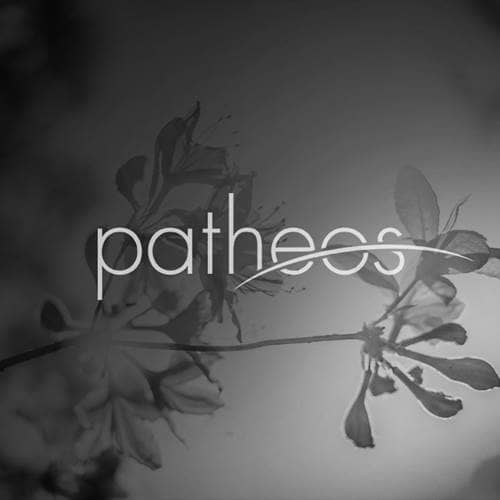- Trending:
- Pope Leo Xiv
- |
- Israel
- |
- Trump
- |
- Social Justice
- |
- Peace
- |
- Love

Minding the Gap
Director: Bing Liu
Run Time: 93 mins
In 2005, the Mountain Goats released an album titled The Sunset Tree, which comprised a series of songs drawn from frontman John Darnielle’s experiences with childhood abuse. The standout song of the album is “This Year,” a cathartic anthem for anyone who’s ever felt (whether figuratively or literally) the bootheel of an oppressor pressing down on his or her neck. The defiant teenager of the song describes the violence he faces at his stepfather’s hands with a well-practiced nonchalance, and he looks ahead to his eighteenth birthday as the light at the end of the tunnel. The chorus repeats, “I am gonna make it through this year if it kills me,” a figure of speech whose invocation of death feels like an outside possibility at the very least.
“This Year” was released around the same time that Bing Liu began shooting the footage that would eventually become part of his debut documentary, Minding the Gap. A teenager at that time, Liu could even have been listening to the Mountain Goats as he filmed himself and his friends doing skateboard tricks in the parks and parking garages of his hometown of Rockford, Illinois. "Regardless, “This Year” (Liu's choice for the end-credits music) serves as a nice encapsulation of Minding the Gap, which draws from twelve years of footage to tell the intertwined stories of Liu and two friends, Zack and Keire." Over the course of the film, we watch them grow into men, struggling to deal with the fallout from their troubled upbringing and their own mistakes.
Considering that Liu has been friends with Zack and Keire since childhood, his unsparing eye in crafting portraits of them is astounding. Zack is a good-looking, charismatic subject, quick with a quip and a grin; but Liu does not cut away from moments when Zack’s behavior curdles into bitterness, addiction, and violence. Keire’s sweetness and emotional vulnerability are endearing, but the camera stays on him even when that emotional vulnerability becomes painful to watch. Such careful use of detail makes Minding the Gap much more than a document of three members of Rockford’s skateboarding community. Liu is after something much bigger than Linklater-esque nostalgia, and his ambition shows.
This ambition reveals itself about halfway through the film, when Liu turns the camera on himself and begins to explore how the physical abuse he suffered at his stepfather’s hands shaped him. As he probes at his own home life, details about Zack’s and Keire’s backgrounds begin to trickle into the film as well. Parallels emerge: abuse, loneliness, self-loathing, resentment, regret. Eventually, the documentary becomes about home, or the idea of it, with the declining industrial city of Rockford serving as a manifestation of the forces exerted by a place of origin upon a person. The past has its own gravity, pulling at us, keeping us in the same circular orbits we’ve always known. To break free requires tremendous resolve, not to mention a little outside help.
I won’t reveal whether Zack and Keire manage this escape. The film’s resolution is somewhat beside the point anyway. It matters more that they persist, year after year, despite the wounds of the past and the difficulties of the present. And Liu doesn’t forget the skateboarding footage that was the genesis of the entire project. His camera glides smoothly, almost dreamily, in the wake of these skaters, finding in their movements a peacefulness and ease that eludes them elsewhere. Watching them, we feel the hope that is glimpsed in that Mountain Goats song: “There will be singing and dancing in Jerusalem next year.”
--Kevin McLenithan











